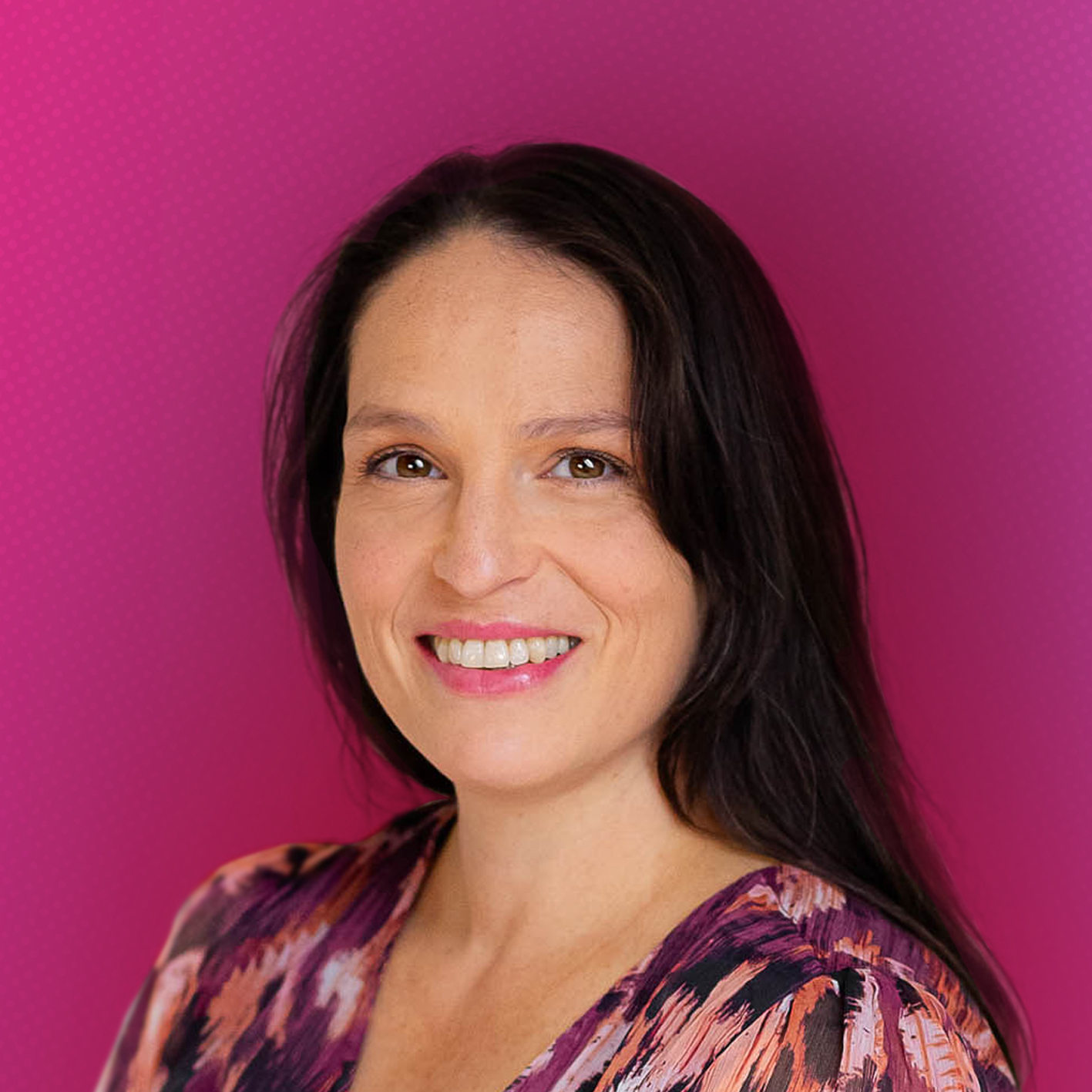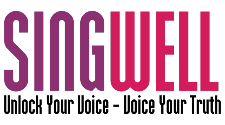My good friend Noam (Nani) is one of the most artistically gifted AND at the same time methodic and hard working persons I know. I’ve watched her career unfold from the time we were students at the Academy until now, where she plays 100+ concerts a year, including recently Kennedy Center in Washington DC, and, here in Amsterdam, Paradiso.
Most people believe that you need a “break” to succeed in music. They talk about luck, about other people opening doors for you and are sorry for not having enough “connections”. Not Noam. Her success was self-earned. No Cinderella stories there..
Since she’s recently launched an online course about making it as an artist, I thought it was a good time to ask her a few questions.
What was the biggest challenge you had to overcome on your way to becoming a pro artist?
"The biggest challenge I had to overcome is self-doubt. It seems that the world is constantly telling us we’re not good enough, pretty enough or young enough to succeed. There has to be a voice within us that reminds us our self-worth, a voice to combat external difficulties we have to put up with. Instead, most of us listen to another little voice that confirms and sometimes amplifies, the messages and the doubt we receive from our surroundings.
I believe that we are all born with more or less the same potential. Yes, talent is a part of the equation but not as big a part as most people think. I would say our equation comprises of 10% talent, 20% luck and 70% hard work. And only when you put them all together, you reach a place where you can actually make a living as an independent artist.
Nurture the voice of reason, that voice that tells you you’re as good as anyone else. We are responsible to replenish our resources when things get rough. Listen to this voice, and it’ll guide you how to give yourself what you need."
Was there a big turning point in your career, in retrospect? Or was there no such thing?
"The biggest turning point in my career was when I realised, I can’t wait around for anyone else to do the job for me. I had to get out there and start paving the road for myself. For this I had to learn a variety of skills: booking, management, planning, accounting, PR, marketing, sales, advertising, graphic design, website making, film making, and more. I took on challenges one by one, as they presented themselves and sometimes even had to tackle a few at a time.
Don’t get me wrong, there is nothing wrong with collaborations, and working with a team can actually make your life easier. But in order for people to jump on board, you have to present them with a distinct product they can get behind and that they can easily sell. Most people won’t just gamble on an unsure cause such as breaking through a new artist. They will prioritise their family life or other artists that are easier to make a profit of. So, make sure you have a good presentation when you approach potential team members."

What bad habit wasted you the most time or energy in your early career, and would you have done differently had you only known?
"When sending booking requests, I used to favor quantity over quality. I used to send a lot of generic messages to many venues simultaneously instead of doing the foot work: researching & face to face meetings I favor now. I would browse venues websites, take their info@ address from their contact tab and just send generic emails to 300 addresses or so. Of course, the response rate I got was of 3% only. Most of these were “no”, some were “maybe” and perhaps 1-2 “yes but not now”. Nowadays, my “yes” response rate is at a whopping 50%. That’s because I only knock on doors that are likely to open for me specifically."
What is the no. 1 advice you would give your 15 year younger self?
"Think long-term & be yourself. These are actually 2 pieces of advice, but they seem to me very well connected. Always take criticism with a grain of salt, especially when people tell you that you have to change your musical act or persona. I can’t even count the times people told me I should “write more popular songs” or “not play trombone”. But listening to criticism of this sort can only cause friction with your artistry and personal taste.
In my opinion, one of the biggest factors that makes a good artist is their developed sense of self-criticism. Artists that can judge properly what works or doesn’t work on stage will be truer to themselves and to their audience.
Building a career as an independent musician is a long-term process, so when planning your career, think in decades and not in years. Staying true to yourself during the process is a must if you want to “make it”.
About the author

I’m Linor Oren, founder of SingWell. I have an opera background and in the past I've performed on stage. I've taught hundreds of students how to find their authentic voice. What I’ve learned is that singing isn’t about being “born with it” — it’s about unlocking what’s already inside you with the right tools and guidance. My passion is helping singers at every level grow in confidence, technique, and joy, so they can sing with freedom and expression.

"
"Success in music isn’t about waiting for your break, it’s about building your own stage, brick by brick. Nani’s journey shows that consistency and self-belief can outshine any fairy-tale breakthrough."
What is the biggest misconception people have about breaking through as an artist?
"The biggest misconception people have is that you have to wait around to “get discovered”. I have said it to many of the artists I mentor: It takes a lifetime to become an overnight success. A good example is the band Fleetwood Mac, that had to wait around for their big break through with the band’s 10th LP.
Nowadays we’re spoiled with instant gratification on all platforms. Unfortunately, in this field there are no shortcuts. You have to pave the road for yourself, brick by brick. Then walk it step by step. Sometimes you’ll walk backwards. But no matter what you do, if you walk in the wrong direction, life will always show you you’re not in the right direction."
What doubts plagued you or, in general, beginning artists, which limit them?
"Self-doubt is the worst. Then there is of course the age thing. Our society worships youth, especially with female musicians/actresses. I had received several part descriptions when the female casting would be up to 26 y/o but the male casting would be up to 65 y/o. This makes it much harder for female artists to survive in the industry.
The music industry is male dominated, and that’s not because there are too little female musicians. Music schools have more than 60% majority in favor of female students. But the decision-making positions, such as artistic directors and programmers are still in the hands of white males over 60 years of age. Only 15% of the decision-making positions are held by women.
Ever since I turned 30, I keep hearing the same message from my male colleagues in the industry: “we can’t get into a long-term working relationship with you because soon you will become a mother and leave the field”. Nobody ever asked me whether I wanted or not to have children, they just assume that family life will eventually take over anything else we do."
No longer a little mouse...
Maybe you feel it's time to stop shushing your own voice and take your desire to sing serious. My weekly 'Belting Mouse' mail shows you how. It gets you on track with stories and insights from my life as a singer and that of my students.

For 'little mice' who are tired of squeaking and want to start belting...
What should people do who don't consider themselves good business persons?
"Like every other field, there is a learning curve also in business. To some people business comes easier than others, but that doesn’t mean you won’t be able to learn a skill. All you need to do in that case is to make friends. Surround yourself with like-minded people, I like to call it our own private human marinade. Just like marinating food before cooking it, find people you connect with, before you go into business with them.
Think about it this way, in music people have many jobs. Your agent can just as easily become your tour manager and you’d be spending many hours, days and even months with them on the road, in trains planes and automobiles. Can you imagine being in such close proximity to someone less than a friend?"

How much time in a day should one dedicate to promoting versus practicing?
"Ah, the million-dollar question. This depends on where you are in your career. In the beginning you need a lot of practice hours, just to get better. In the beginning stages, I would say divide your time equally between developing your musical skills & with getting as many opportunities for real-time stage practice, even if these opportunities are unpaid. After you’ve reached a good level, start looking for paid engagements and then still continue to invest the same amount of time in practicing music. Once you’ve reached professional level, you will need less hours to keep your engine greased, so you could divide your time 70%-30%. Nowadays I divide my time about 75%-25%."
Frequently Asked Questions
What is this interview about?
This interview explores Nani’s journey from a music student to a successful independent artist performing over 100 concerts a year. It focuses on the realities of building a career without relying on luck or external validation, and the mindset required to sustain artistic growth over time.
What can artists learn from Nani’s story?
Nani’s experience offers a practical roadmap for self-managed musicians. She emphasizes overcoming self-doubt, developing business skills, and taking full ownership of one’s career. Her approach highlights that long-term success comes from persistence, strategic learning, and authenticity rather than sudden fame.
Where can I learn more about Nani’s methods?
Nani shares her insights in her online course for independent artists, where she teaches practical steps for career building, self-promotion, and creative resilience. More information can be found on her website dedicated to becoming a DIY artist.
